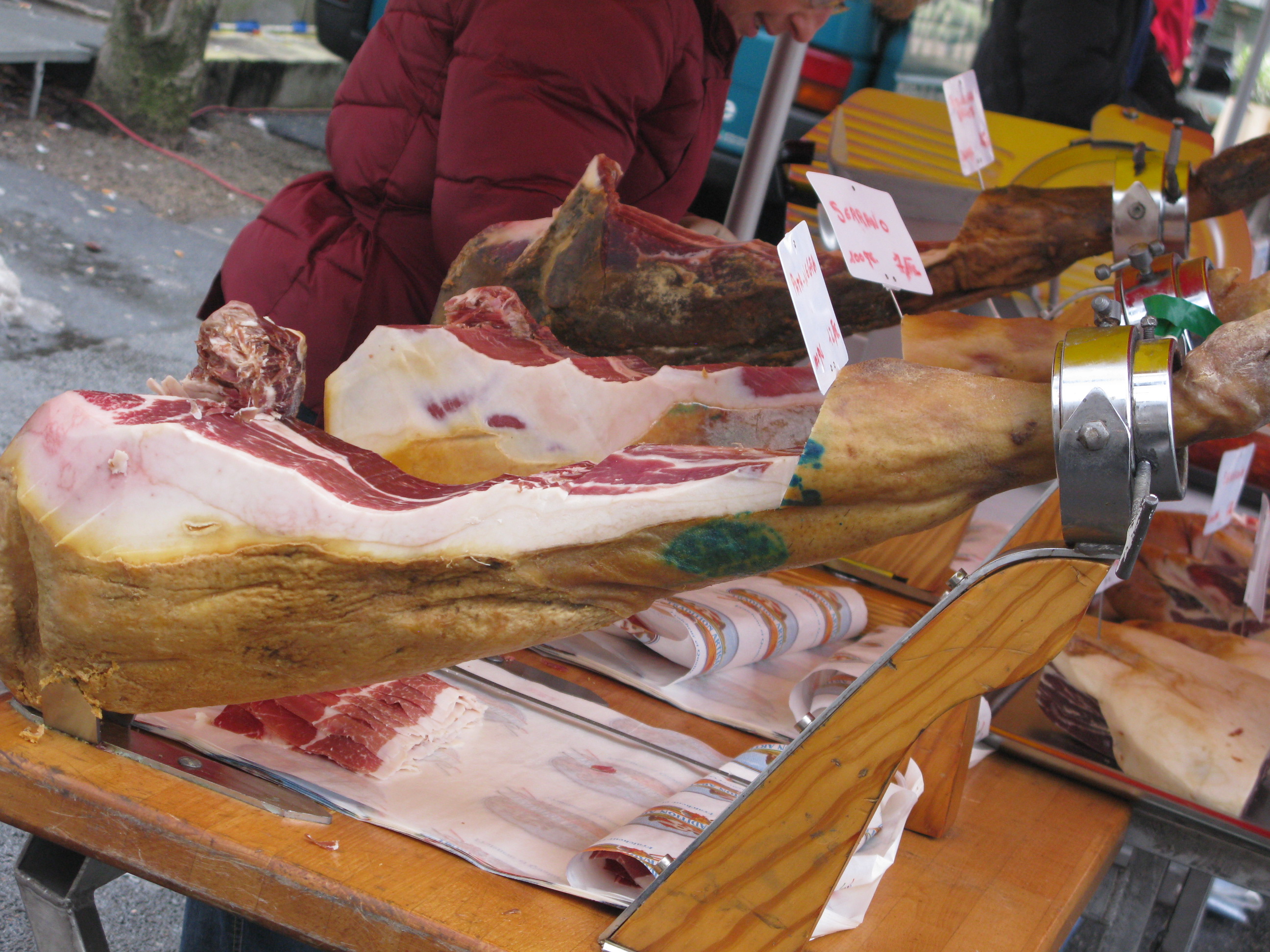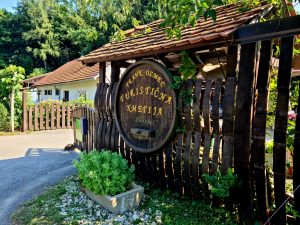I was proposed to in Geneva. Earlier this year, in January. As I stood outside these very gates. And I was flattered. He described himself as a political refugee from Zurich. An older man whose face had weathered many winters but whose eyes were still those of a very early spring.He was fun. He asked me if I was married. I said no. He asked me if I had any children. I said no. He asked me if I was in love. I said no. He asked me if I spoke French. I said no, but that I could read it and write it, I just couldn’t roll those r’s. Then he asked me if I believed in God. I said yes. He paused. Smiled. And then asked me what I thought my mother would say if he called her and asked to marry me. I said she’d be delighted. That delighted him. He laughed. He said we could have a good future. I didn’t doubt him for a minute. This was Geneva, the city whose streets are literally paved with gold, where if you’re ‘in’ you’re in!
It had been twenty years or more since I’d last visited the city and I didn’t remember much about it other than the high prices and the pink bicycles that you could pick up and ride for free. I had vague memories of the lake but couldn’t for the life of me conjure up the feel of the place – how I’d felt when I’d been there. Now I was getting a second chance at a first impression. The city offers free travel in from the airport. Impressive. When you check into your hotel, you get a free travel pass for the duration of your stay. Very impressive. I met my host, the inimitable MM, the man from Belgrade. After a quick beer, he took me on a walking tour of his part of the city. It was late on a Thursday night but the place was quiet. Few people walked the streets and those who did spoke softly. The restaurants and cafés were almost empty; few, if any, showed signs of that bustling night life I had come to expect from a major European city. The liveliest place we came across was Serbian owned. No surprises there!

There was no litter. The streets were clean. Any that might be dropped overnight would be gone again by morning. What graffiti I could see was tasteful, almost arty, serving more to transform an existing monstrosity into something more appealing. We walked up through the cobblestoned streets of the old quarter, passed the statues of the fathers of the Reformation. I had forgotten, if indeed I ever knew, that Geneva was the centre of the Calvinist Reformation in Europe. His church and the museum are well worth a visit. Hearing Calvin lecture on issues that are still so relevant today was slightly surreal. Religious freedom was limited here, as it was pretty much in all of Europe in the 1500s. The maxim of cuius regio, eius religio (whose region, his religion) meant that you simply adopted the faith of your ruler. Makes you wonder about the origins of the phrase ‘When in Rome…’ If you didn’t like it, you moved elsewhere. Switzerland, too, had its witch trials. Between about 1530 and 1600, numerous witch trials were held in both Protestant and Catholic cantons, often ending in death sentences, the most common form of which was burning at the stake.
Geneva is in the southwestern corner of Switzerland. Most of it in fact, borders France. It was once an independent republic and, even today, still considers itself a republic in the Swiss confederacy. During Napoleon’s time, it was annexed and occupied by France. Liberated in 1813, it joined the Swiss Confederation in 1815 as the 22nd canton. There are 26 cantons in Switzerland, each a member state of the federal state of Switzerland. Perhaps America is a lot closer than we think!
The city itself is a veritable garden: there are 310 hectares of parks, 40,000 trees in public areas, 428,000 plants, including 40,000 rose bushes. The famous flower clock unfortunately, was out of order, because of vandalism. Is this a sign of the times, where lawlessness has breached the borders of a country that is known for its clock-work precision and almost puritanical ways? Down by the lake, the Jet d’eau is very much alive and spurting. It really is something to behold. And again, my thoughts return to America and to Old Faithful, but without the steam!
The Plaine de Plainpalais didn’t look much that night. But the next day, when it hosted the local farmers market or the day after when it morphed into a flea market, it was truly spectacular. A posher version of Esceri here in Budapest, more expensive and more upmarket. But then, that’s Geneva in a nutshell.


I’m very gullible, easily impressed. My life so far has been a series of one spontaneous move after the next. In the aftermath of visiting a new city, I can almost always imagine myself living there. Almost always. Geneva is a fine city. It has lots going on. It has more than 200 international governmental and nongovernmental organisations headquartered there. It is the home of the United Nations, windowless banks, designer watches and fancy hotels. It is clean, beautiful, and gentrified. It offered me a glimpse perhaps of how life might have been, had I made different choices. I was there to work and I was lucky enough to have the time to see more than just the inside of an office. I had an excellent guide. I enjoyed my stay. But I doubt very much that I’d ever want to live there.
Share this:
- Click to share on X (Opens in new window) X
- Click to share on Facebook (Opens in new window) Facebook
- Click to share on Pinterest (Opens in new window) Pinterest
- Click to share on LinkedIn (Opens in new window) LinkedIn
- Click to share on Reddit (Opens in new window) Reddit
- Click to share on WhatsApp (Opens in new window) WhatsApp
- Click to share on Pocket (Opens in new window) Pocket
- Click to share on Telegram (Opens in new window) Telegram
- Click to email a link to a friend (Opens in new window) Email










5 responses
Geneva is an important place for protestantism. Also for Hungarian Calvinism. On the reformation wall you can see on the right next to Oliver Cromwell also the statue of the Hungarian prince Bocskay István who can also find on Heroes’ Square in Budapest.
On the reformation wall also you can see one relief depicting Bocskay being saluted for his victory. His victory against Austrians ment political rights for Hungarians and religious freedom for Protestants.
An original diplomat it would seem – negotiated the Peace of Vienna and had a part to play in the Peace of Zsitvatorok. Thanks for the pointer, Erik.